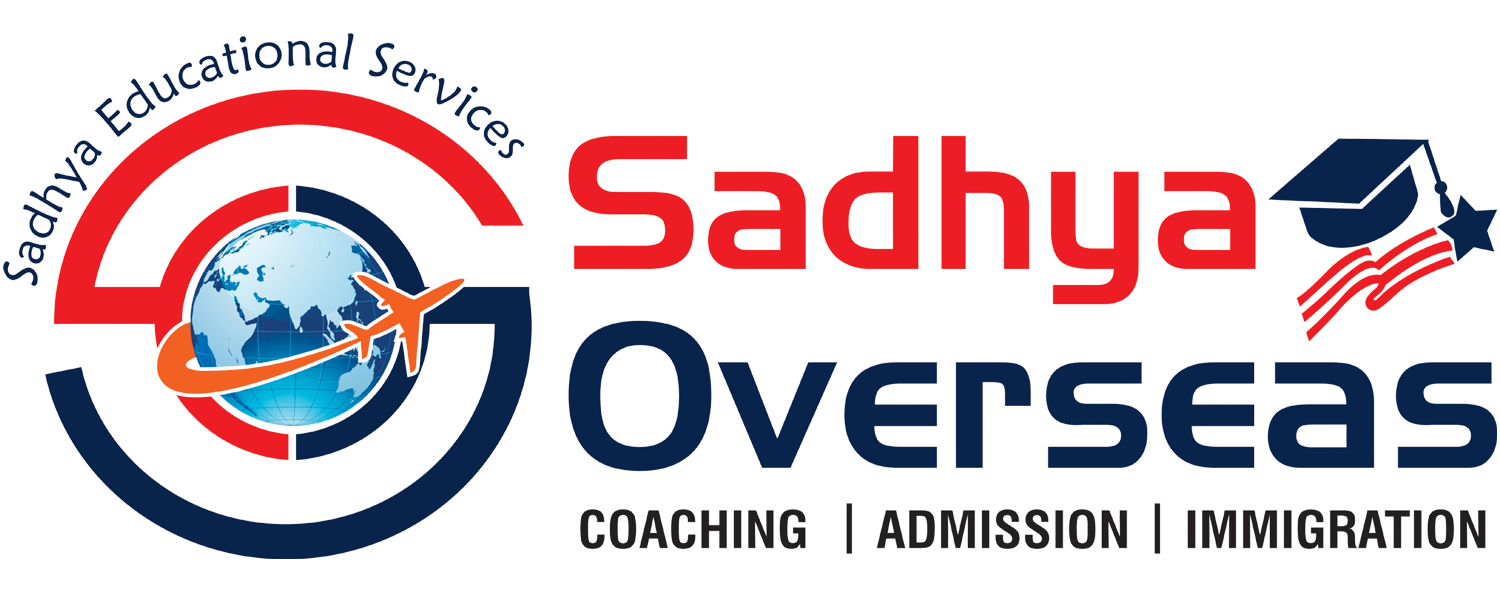
Why Study in USA?
Studying in the United States and abroad doesn’t just give you tangible degrees and certificates. For any international student, the USA has a lot to offer: one of the most prestigious, top ranked higher education systems in the world, eclectic cities and beautiful natural parks, culture, history and a very multicultural population.
Academic Excellence
The United States has one of the world’s finest university systems. The university system in the USA is the most popular higher education destination anywhere in the world. In fact over 30% (500,000) of all International students worldwide choose to study in the USA every year. According to the QS World University Rankings, 13 of the top 20 universities in the world are in the USA.
Quality Education
The United States has more institutions of higher learning than any other country in the world. Importantly, the academic bodies provide absolute quality education. Study programs are tuned to the current scenario at all times. Quality of research is excellent and the facilities available to bring your research to the market are exceptional. The research at many of these universities is cutting-edge and often published in journals worldwide. USA has always been a hub of inventions and Universities play a significant role in the change process.
Diversity and Variety
The United States offers variety. There is a wide range of schools, countless areas of study and specialty degrees. If you are interested in studying business, you are not relegated to just general study, but can choose from many concentrations: accounting, marketing, international business, business management, business administration, or finance. (There are many more!) This type of specialty study is available at the undergraduate, graduate and doctorate level, too.
Academic Flexibility
A broad and diverse range of degree programmes on offer with innovative and encapsulating approaches to bringing the best out of its students. The USA education system is flexible in terms of choice of courses within a college or university. During the course of study, a student can transfer from one course/stream to another or one institution to another. This aspect of the USA education system makes it distinct from other countries.
Good career prospects
On completion of your degree, you are legally authoried to work in the US in your related field for about a year. You need to apply for Optional Practical Training Employment Authoriation (OPT). Most international students get inducted into the company that hires them during their OPT period, by sponsoring their H1-B or work visa. The H1-B work visa is usually granted by employers if they are hiring international students in specialty areas such as software, engineering, accountancy, teaching or marketing. Once your employer grants your H1-B, you are allowed to work in the US without returning to your home country.
Improve your English skills
Learning or improving your English skills are the main reasons why many students go abroad. Certainly, being surrounded by English and using it on a daily basis can be a great and easy way to improve your language skills. English is the language of business and if you want to be successful in your career, you need to speak it well!
Documents Required
List of Documents Required for University Application:
- Scan copy or Photocopy of your Passport
- Scan copies (original) or Official Sealed copies of Bachelor/Masters Certificates & Transcript
- Scan Copies or Photocopies or Certified/Notarized Copies SSC/O Level and HSC/A Level Certificate and Marksheet
- Scan copies (original) or Certified copies of Two/Three Academic Reference Letter
- Statement of Purpose
- Scan copy (original) or Notaried copy of IELTS/TOEFL Certificate
- Scan copy of SAT/GMAT/GRE score (if required)
- Job experience letter (if required)
- Initial Student Agreement Form
- Statement of Financial Support Form (non-US sponsor) or I-134 Form (US sponsor)
- Bank Solvency Certificate – from Sponsor
- Resume or CV (If Required)
- Other supporting documents (if available, e.g extracurricular activities)
Important Information
Cost of Studying in the USA
Course fees
Initial Application Fee $50-$150 (per application).
Depending on the University Tuition Fees vary from $7,500 to $40,000 per year.
Funding to study in the USA
Funding for international students is readily available, although options will vary between universities. Some institutions will provide scholarships covering the entire cost. The most common sources of funding are:
- Merit scholarships – for those with outstanding academic achievement or talent in performing arts.
- Need-based financial aid – for those whose family cannot support them.
- Sports scholarships – available for students who are gifted in a specific sport but also academically eligible for admission.
Your course of study and the type of school you plan to attend determine whether you need an F-1 visa or an M-1 visa. Students should schedule their visa interviews as soon as they are accepted to a university.
Once applicants are accepted to a university, they will send you a SEVIS-generated Form I-20. You and your school official must sign the Form I-20. Each person receives an individual Form I-20 which s/he must bring to the Embassy at the time of interview.
All students, their spouse and minor children if they intend to reside in the United States with the student, must be registered in the Student and Exchange Visitor System (SEVIS).
Universities We Deal With
Arkansas Universitv
California State University – East Bav
Central Michigan University
Kent State University
National University
Rochester Institute of Technology
University Of South Florid
University of Central Missouri
University of New Haven
Western Michigan University
Wichita State University
Wright State University
And Many More

